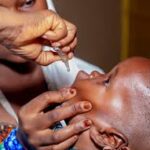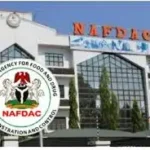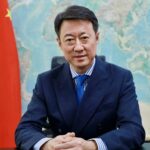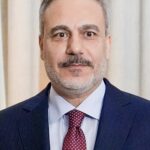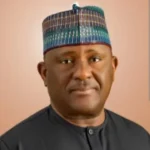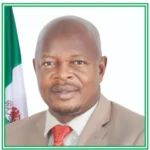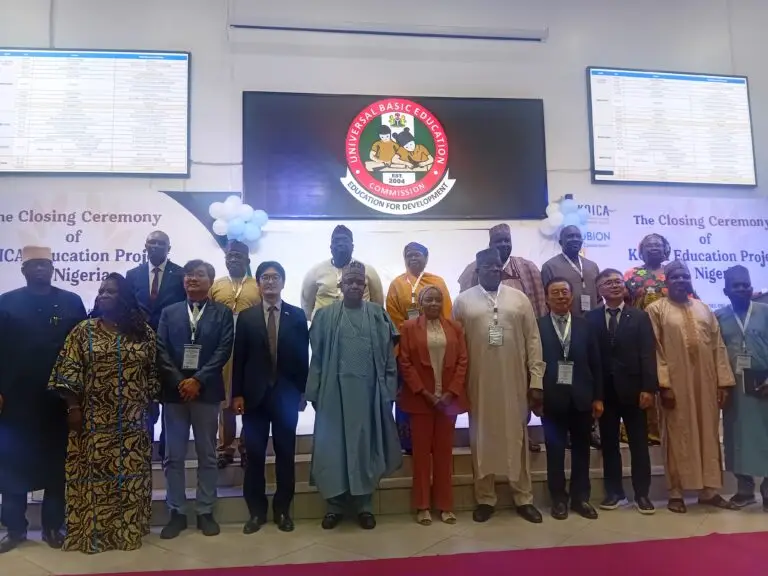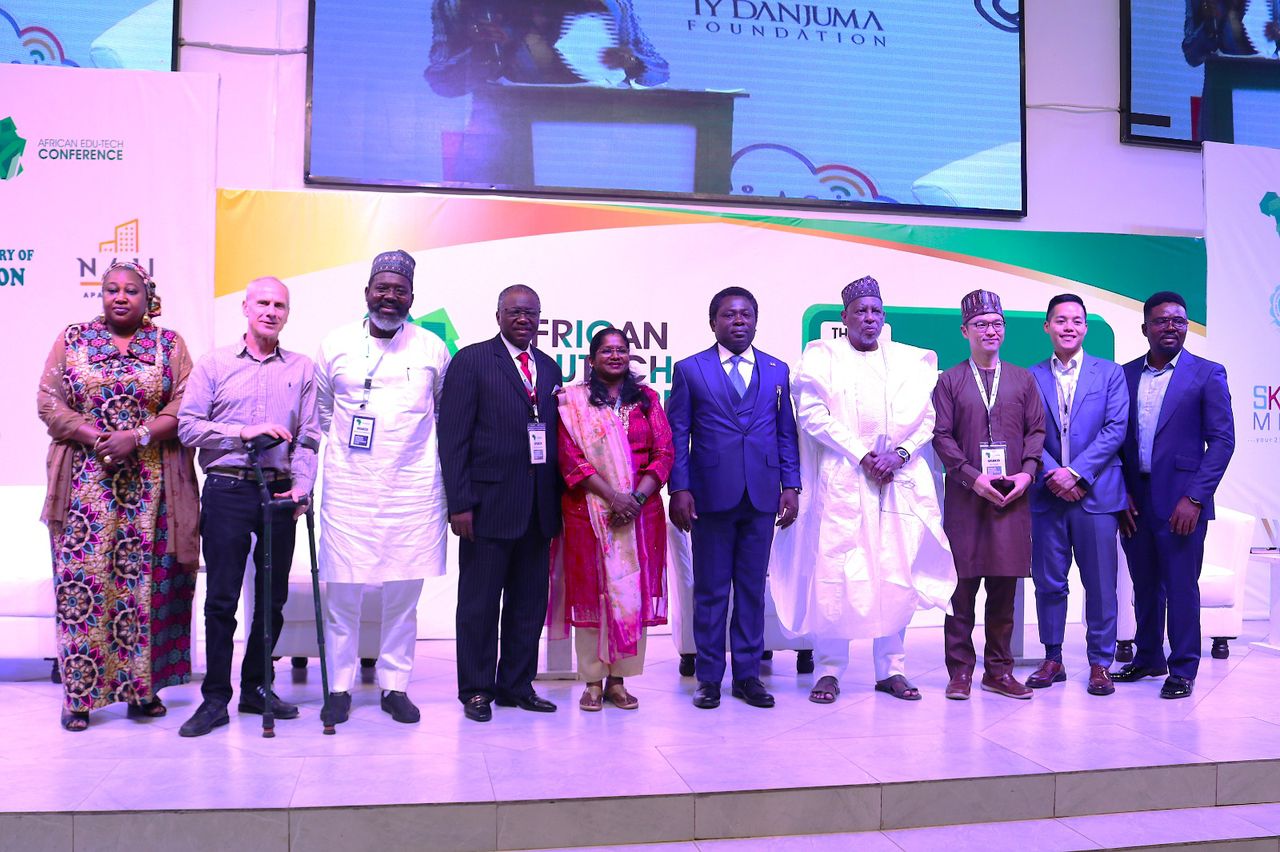FG, Korea digital education initiative impacts 3m children
Digital By Funmilayo Adeyemi No fewer than three million children have benefitted from the multimedia digital education initiative of the Universal Basic Education Commission (UBEC) and the Korea International Cooperation Agency (KOICA) Executive Secretary, UBEC, Aisha Garba, disclosed this on Monday in Abuja at the closing ceremony of KOICA EducationContinue Reading


